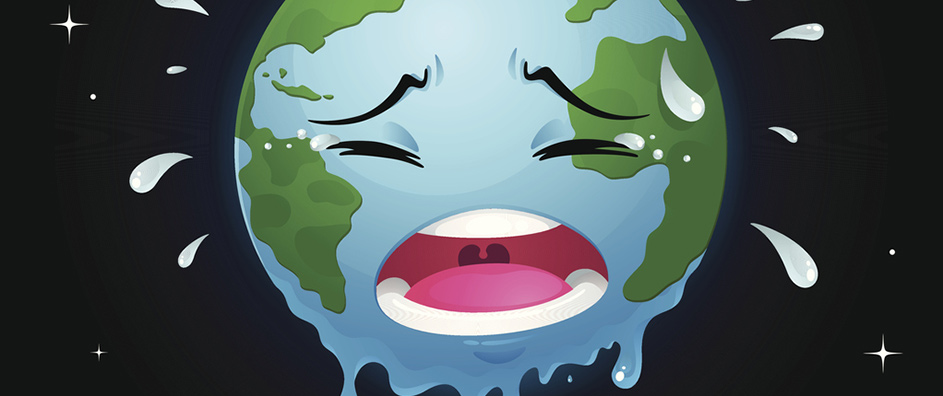In an era marked by rapid societal changes and escalating moral dilemmas, the concept of a moral force is increasingly salient. The moral fabric of society, which acts as a cohesive force binding individuals together, is indeed a critical element in the maintenance of order, harmony, and progress. Yet, what occurs when this moral force becomes depleted? Understanding the ramifications of such depletion necessitates a deep dive into the essence of moral force, its components, and the cascading effects of its erosion.
The moral force that sustains society can be defined as an amalgamation of shared values, ethical principles, and the collective conscience that guide human behavior. The absence of a robust moral foundation leads to an existential quandary, wherein individuals grapple with ethical ambiguity. In such a milieu, one observes a disintegration of societal norms and a pervasive cynicism that cloaks interpersonal relationships.
At the crux of this phenomenon lies an investigation into the underlying values that foster a sense of community. In many cultures, principles such as honesty, integrity, compassion, and justice serve as the bedrock upon which societal structures are built. A diminishment of these values results in a fragmented social landscape where individuals may prioritize self-interest over the common good. This shift not only exacerbates social alienation but also engenders a culture of distrust, wherein individuals hesitate to rely on one another.
The consequences of a depleted moral force manifest in various domains, with the psychological and social implications being particularly profound. When moral compasses fail to provide direction, societal actors may resort to nihilistic attitudes, questioning the very purpose of ethical behavior. This inquiry often leads to moral relativism, where right and wrong become subjective constructs rather than universal truths. As ethical absolutes wane, acts of dishonesty, injustice, and cruelty can proliferate unchecked, culminating in environments rife with conflict and discontent.
Moreover, the diminishment of a collective moral force is not merely an individualistic crisis; it resonates within the echelons of governance and public policy. Governments that lack a moral compass may exhibit moral disengagement, resulting in policies that disregard the welfare of marginalized groups or the environment. History has vividly illustrated how authoritarian regimes often emerge in the absence of a moral foundation, prioritizing power and control over justice and equity. This not only disenfranchises segments of the populace but also destabilizes society at large, leading to unrest and upheaval.
Additionally, the depletion of moral force has dire economic ramifications. Ethical business practices are essential in fostering trust among consumers and stakeholders. In a milieu devoid of moral engagement, exploitative practices may gain traction, as corporations prioritize profit margins over ethical considerations. This engenders a detrimental cycle: as consumers become aware of unethical practices, their trust erodes, leading to economic instability and a subsequent loss of faith in institutions that ought to represent the common interest.
To comprehend the deeper reasons behind the fascination with moral force, one must reflect on the human condition. Individuals, by nature, seek connection, purpose, and meaning. A robust moral framework fulfills this intrinsic need, serving as a lens through which individuals interpret their experiences and the world around them. The allure of moral fortitude becomes evident; it provides not just individual fulfillment but also a sense of belonging within the larger tapestry of society.
Furthermore, the philosophical underpinnings of morality often incite paroxysms of debate and reflection. Thinkers from diverse traditions have posited various perspectives on ethics, offering frameworks that invite individuals to engage in self-inquiry. The pursuit of understanding one’s moral stance allows individuals to navigate complexities with nuance, fostering a society where dialogue and empathy thrive. This intellectual engagement is essential, as it encourages an environment where moral force can be revitalized, rather than simply allowing it to wane.
As the moral landscape continues to evolve and face challenges, it becomes imperative for individuals and communities to actively cultivate and nurture their shared ethical values. Initiatives that emphasize education, open discourse, and community engagement are vital in replenishing the moral reservoir. By investing in moral literacy, societies can foster critical thinking and emotional intelligence, equipping individuals with the tools necessary to navigate ethical dilemmas.
In conclusion, the discussion surrounding the moral force that sustains society is far more than an abstract philosophical inquiry; it is a pressing necessity, especially in the contemporary world. The consequences of a depleted moral framework can be dire, rippling through personal, social, economic, and political dimensions. As individuals strive for ethical coherence in their lives, the collective endeavor must focus on fostering a resurgence of moral strength. The resilience of society depends not only on the existence of shared values but also on the commitment of its members to uphold them amidst challenges. It is a call to action—a reminder that the sustenance of society’s moral force is an ongoing endeavor, one that requires vigilance, compassion, and an unwavering pursuit of justice.
